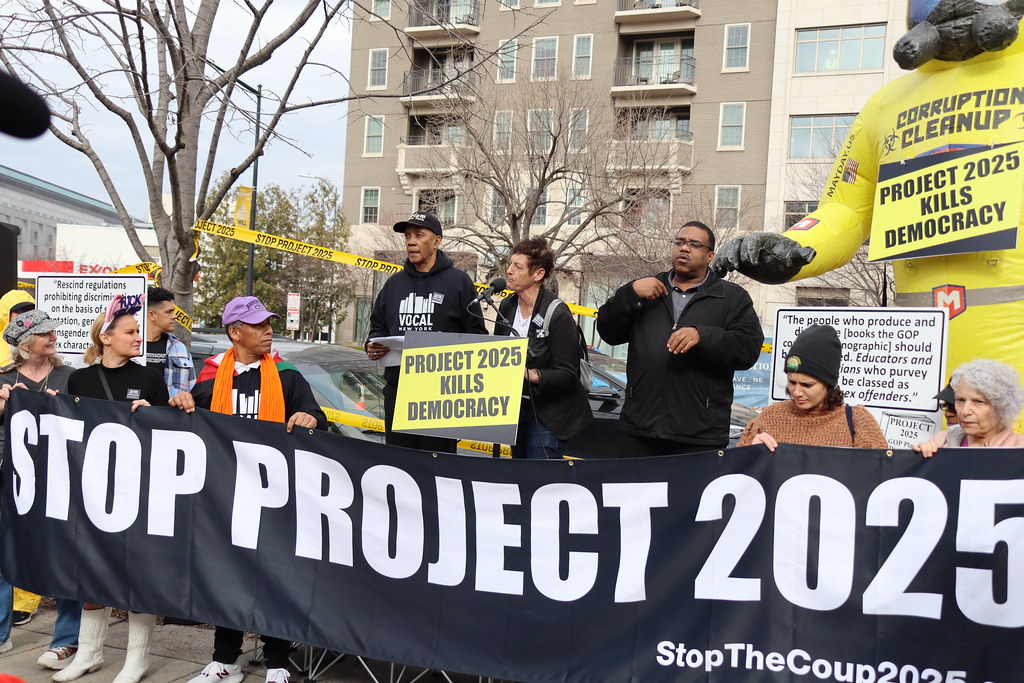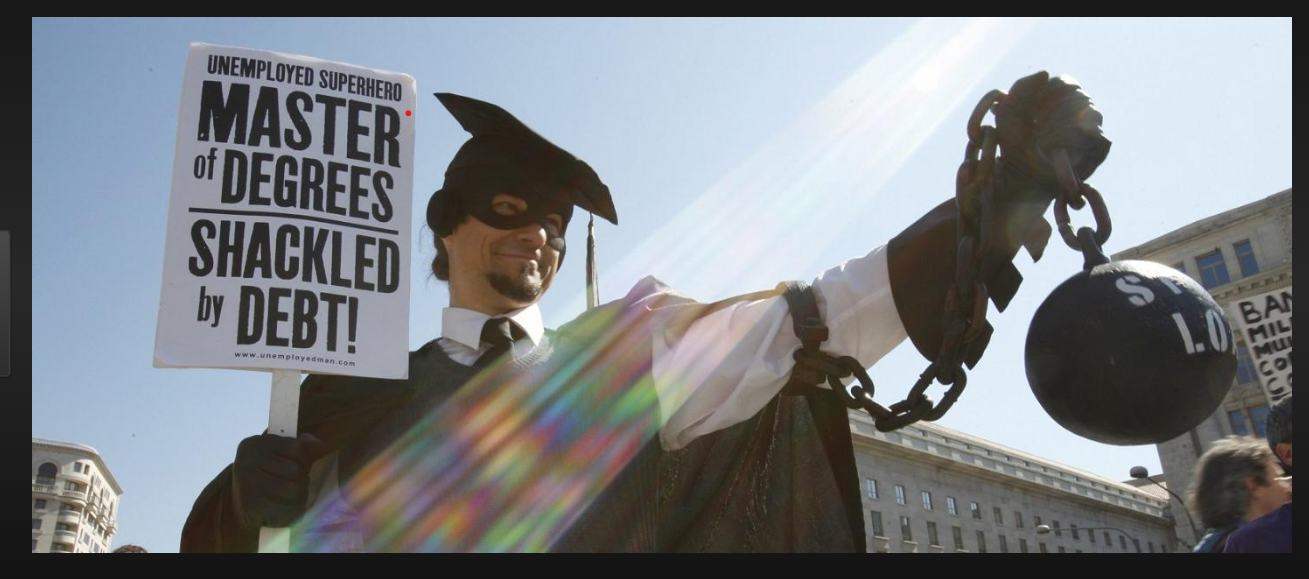Project 2025 is a right wing blueprint for the next Republican president, whether that should turn out to be Trump or not, to run the country. Funded by The Heritage Foundation, the Koch network, and a vast secretive network, it asserts that the entire executive branch is under the direct control of the president under the unitary executive theory. It proposes reclassifying tens of thousands of federal civil service workers as political appointees, in order to replace them with people loyal to the president.
Education is the cornerstone of a thriving society, and it’s no surprise that any significant policy changes can have far-reaching impacts on how education systems operate. Project 2025 has sparked a nationwide debate on the future of education in the United States.
What could this mean for educators, students, and the very fabric of educational institutions?
The Project aims to reshape the educational landscape by proposing radical changes such as the abolition of the U.S. Department of Education, cutting Title I funding, and certifying teachers based on ideology rather than degreed credentials. It aims to review and re-imagine education from the first year to the post-doc stage. More specifically, the authors aim to repeal education policies from the Obama and Biden administrations that recognize non-binary and transgender identities. They also want the next administration to rescind a Biden-era revision to Title IX — a 1972 civil rights law that prohibits sex-based discrimination by educational programs that receive federal money — that strengthened protections for sexual assault victims and LGBTQ+ students, something Republicans in Congress have tried but failed to do. Project 2025 says the next administration should reimplement Title IX interpretations from the Trump administration that defined “sex” in the statute as only “biological sex at birth.”
These changes could redefine public education, shifting the focus from a federally supported system to one that is more localized and potentially privatized. Such a move could create a patchwork of educational systems driven by local ideology and values, undermining the cohesion of a national vision for education.
One of the most significant concerns is the potential elimination of federally funded programs that support early education for low-income Americans. Additionally, the removal of Title I funding could lead to the loss of over 180,000 teacher positions and negatively affect the academic outcomes of 2.8 million vulnerable students.

Project 2025 doesn’t stop at K-12 education; it also proposes a radical overhaul of higher education. The plan urges ending the Public Service Loan Forgiveness program, which provides student loan relief to borrowers who work in federal, state, local or tribal governments, or for a nonprofit organization. It includes privatizing student loans and ending ongoing Title IX investigations, which could dramatically alter the higher education system as we know it.
On the socio-political level, the authors advocate a radical ideological change in the way issues of race are taught. Conservatives have argued that Critical Race Theory, or CRT, makes White students feel bad. They would “not require students or teachers to believe that individuals are guilty or responsible for the actions of others based on race or ethnicity.”
They also take aim at policies that impact trans students. They would prohibit public educators from using names of students other than on their birth certificates without written permission from their parents or guardians and from using pronouns that are different than the sex assigned to the student at birth without permission, or at all if is “contrary to the employee’s or contractor’s religious or moral activities.”

One change that would affect the economically disadvantaged is their proposal to eliminate Head Start, a federal program that provides educational readiness opportunities to children from qualifying families during their first five years.
Project 2025 has become a focal point in the political arena, with Democrats and Republicans clashing over the vision for America’s educational future. While some view it as a roadmap to authoritarianism, others see it as a necessary step towards educational reform.
Behind the policy changes are real people whose lives could be altered significantly. From students grappling with debt to educators facing job insecurity, the human impact of Project 2025 cannot be overlooked.
As the presidential election draws near, the debate over Project 2025 intensifies. Its implementation could mark a pivotal moment in U.S. education, potentially transforming the system to align with a new set of values and priorities. It is fair to say that if the Republican candidate wins Project 2025 will likely become a reality; if the Democrat wins it is highly probable that most of it—if not all—will never be realized.












